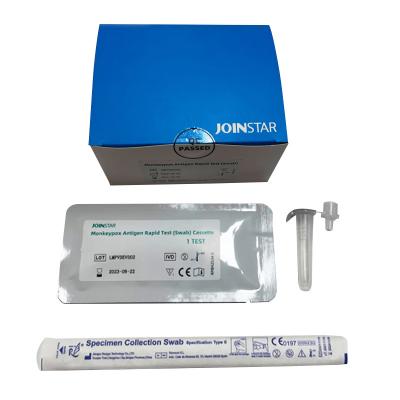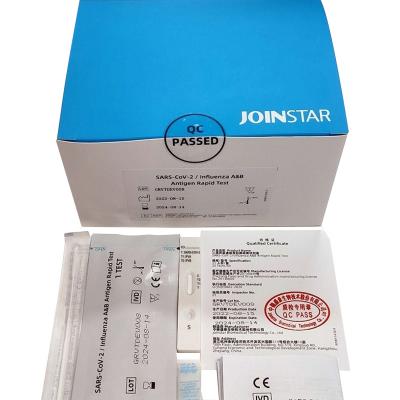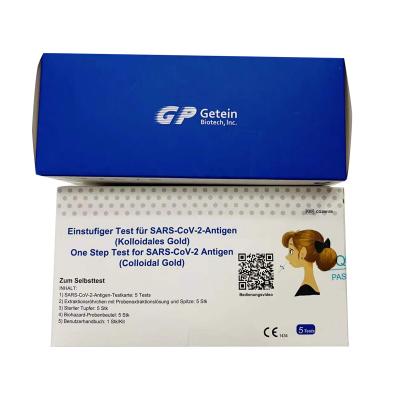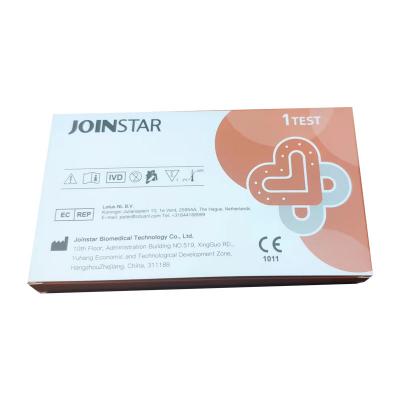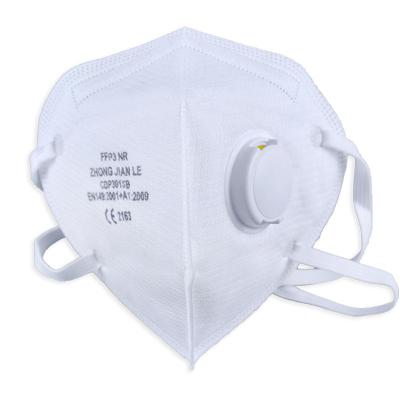Q:ls there a difference between a face mask, a barrier face covering, a surgical mask, anda respirator?
A: Face masks, barrier face coverings, surgical masks, and respirators all cover a wearer's nose and mouth, but they differ in several aspects.
*Face masks: A mask, with or without a face shield, that covers the user's nose and mouth and may or may not meet fluid barrier or filtration efficiency levels. Face masks should be used by the general public and health care personnel as source control in accordance with CDC recommendations on Interim Infection Prevention and Control.
*Barrier face coverings: As described in ASTM F3502-21, a barrier face covering is a product worn on the face, specifically covering at least the wearer’s nose and mouth, with the primary purpose of providing source control and to provide a degree of particulate filtration to reduce the amount of inhaled particulate matter.
*Surgical masks: A mask intended for medical purposes that covers the user's nose and mouth and provides a physical barrier to fluids and particulate materials. Surgical masks are Class II medical devices. These masks meet certain fluid barrier protection standards and flammability requirements (that is, Class I or Class II, per 16 CFR 1610.4). Surgical masks are also tested for particulate and bacterial filtration efficiencies and biocompatibility and are considered personal protective equipment (PPE). While surgical masks may be effective in blocking splashes and large-particle droplets, they do not provide a reliable level of protection from aerosolized particles because of the loose fit between the surface of the mask and your face. Surgical masks are not respiratory protective devices, such as respirators.
*Respirators: Air purifying respirators, known as respirators, including filtering facepiece respirators (FFRs) such as N95s and surgical N95s, filter at least 95 percent of airborne particles. They are PPE that tightly fit the face and provide certain filtration efficiency levels to help reduce wearer exposure to pathogenic particles in a health care setting. They provide a higher level of protection against viruses and bacteria when properly fit-tested.
Q: Which face masks, barrier face coverings, and surgical masks are medical devicesregulated by the FDA?
A: The FDA regulates face masks, including cloth face coverings, barrier face coverings, and surgical masks as medical devices when they are intended for a medical purpose. Medical purposes include uses related to helping prevent the spread of COVID-19. Face masks intended for use by the general public for non-medical purposes, such as for use in construction and other industrial applications, are not medical devices.














